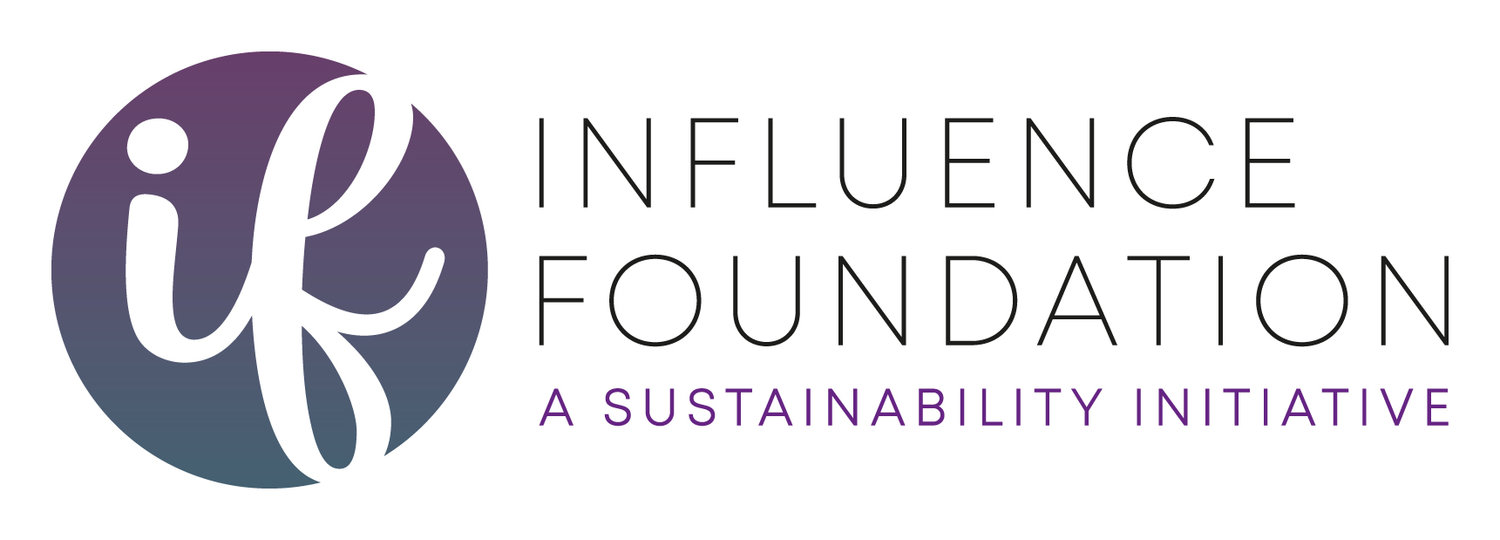NOW WE ARE
Our world heals itself IF we are serving it and each other.
1. Creating agro-economy & growing GDPs.
To activate our mission around land and food IF is committed to influencing developing countries, whose small rural farmers often live in near poverty. Our current work includes collaborating with governments for land rights to be owned not by foreign corporations but by the farmers themselves; stimulating social enterprise farming programs and cropping and alternative flour milling in conjunction with influencing the use of plant crops as the best solution for the Western Word’s growing epidemic around gluten and grain.
IF recognizes that throughout the history of our Caribbean, Central and South American, African and Asian countries plantain, coconut and yucca have grown organically needing little fresh water needs. Therefore Belize has been chosen for the pilot program with the first SNACK PLANT
Belize - pilot
In association with the Belize government and Snack Plant (a “Green Impact” alternative flour factory model) IF is helping facilitate social enterprise initiatives to allow small farmers to crop and supply coconuts, yucca and plantain, which are then processed at a local facility to supply . The resulting employment opportunities and economic stimulation has been beneficial to the country.
However IF recognizes that throughout the history of our lands plantain, coconut and yucca have grown organically needing little fresh water needs.
Belize Irrevocability History
-Geographical proximity of Belize to the US provides benefits to the supply chain. It takes 4 days to USA ports as opposed to 6 weeks from Asia.
Business Practices
-1920’s - USA and UK decided to satisfy a growing demand for concentrated orange and plant citrus trees and have small farmers work the plantations. However now there has been a bight in the citrus tree
-1958 after the demise of Cuba for USA business, Hershey moved his chocolate cocoa crops to Belize
-2017 the EU (mainly Tesco) inported $40,000,000 worth of bananas from the area
“Utilizing alternative flours from native crops - plantain, coconut, & yucca - supports sustainable digestive health for you & land rights & prosperity for small farmers.”
— Daniella Hunter
2. Healing algae.
This critical. The Algae is dying throughout our oceans and has been for the last 60 years at least. Its only now that we in our ignorance are seeing undeniable evidence
Right now - as you read this - tens of thousands of fish have washed up on beaches. This is occurring from a Red Tide phenomenon which you see and smell, and also from lack of oxygen in the ocean, possiblyas deadly to you as a diabolical gas.
Right now - as you read this - What and how are you breathing? Your body needs oxygen so you are breathing. Its thats simple. , a gas which makes up 21 percent of the Earth’s atmosphere is under severe threat because we are ignoring looking after where it comes from.
All that oxygen has to come from somewhere. You might already know that it comes from photosynthetic organisms like plants. But did you know that most of the oxygen you breathe comes from organisms in the ocean?
That’s right—more than half of the oxygen you breathe comes from marine photosynthesizers, phytoplankton and seaweed - Algae. Both use carbon dioxide, water and energy from the sun to make food for themselves, releasing oxygen in the process. In other words, they photosynthesize. And they do it in the ocean.
Photosynthesizers have been in the ocean for a long time. Land plants start appearing in the fossil record 470 million years ago, before dinosaurs roamed the earth. But the ocean was producing oxygen for billions of years before that.
.The oldest known fossil is from a marine cyanobacterium, a tiny-blue green photosynthesizer that was releasing oxygen 3.5 billion years ago. In a way, we owe the ocean for all of the oxygen that comes from land plants as well, because land plants evolved from green marine algae. If there were a race to put oxygen in the atmosphere, the ocean would have one heck of a head start.
But the ocean’s long history of photosynthesis would matter very little to us if not for the photosynthesizers that live in it today. Of these, the most impressive is another cyanobacterium called Prochlorococcus. It is estimated to be more abundant than any other photosynthesizer on the planet, and to be responsible for producing 20 percent of the oxygen in the atmosphere. One in every five breaths you take, you owe to Prochlorococcus. Perhaps as amazing is the fact that scientists only discovered this super-abundant photosynthesizer in 1988—less than thirty years ago!
3. K-12 enquiry passion-based schooling.
IF have been governors of Tulum International School supporting the Mexican Head Teacher and founder of EPHATA learning.
EPHATA LEARNING harvests Passion and Purpose for a holistic education and academic excellence.
We have spent five years working to establish our Learning Community in Tulum, with more than 100 students that have come thru and 12 languages spoken, we have created a curriculum that fits the needs of diversity of a dynamic place, academic high standard while providing an safe and happy environment for children.
7 SCHOOLING PRINCIPLES
Academics
Environmental Awareness
Social Responsibility
Self Knowledge
Passion
Purpose
Spiritual balance

